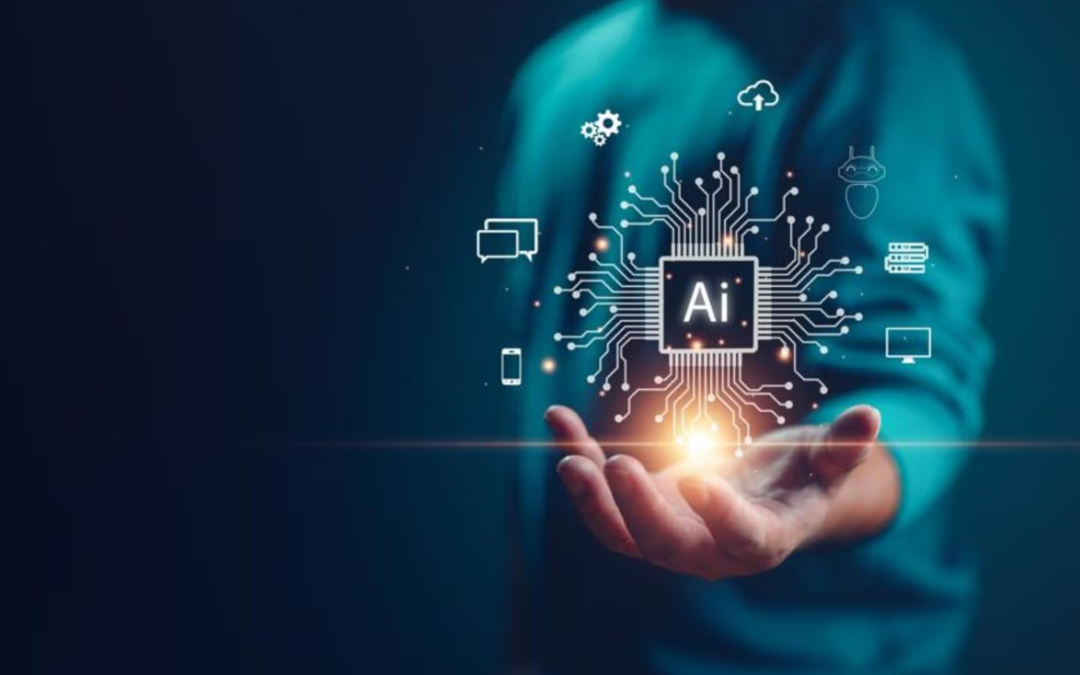Artificial Intelligence (AI) is undoubtedly shaping the future of technology, offering immense promise while raising legitimate concerns about safety, security, and trust. Our government recognizes the importance of responsible AI development and has taken decisive action by securing voluntary commitments from seven leading AI companies: Amazon, Anthropic, Google, Inflection, Meta, Microsoft, and OpenAI. These commitments revolve around three fundamental principles – safety, security, and trust – to ensure innovation aligns with safeguarding Americans’ rights and safety. While these efforts are commendable, we must also remain aware of the dark side of AI: the rise of cybercriminals leveraging AI to their advantage in hacking and cyberattacks.
EFFORTS TO KEEP US SAFE WITH AI
- Ensuring Products are Safe Before Introducing Them to the Public: AI companies have pledged to prioritize internal and external security testing of AI systems before their release. This crucial step mitigates potential risks and vulnerabilities. Independent experts play a crucial role in safeguarding against AI risks, including biosecurity, cybersecurity, and societal impacts. Collaboration with governments, civil society, and academia enhances the implementation of best practices for safety.
- Building Systems that Put Security First: The commitment to invest in cybersecurity and insider threat safeguards protects proprietary and unreleased model weights, ensuring their careful release only when security risks have been thoroughly assessed. Additionally, facilitating third-party discovery and reporting of vulnerabilities enables swift response to security issues even after an AI system’s release.
- Earning the Public’s Trust: AI companies are focusing on developing robust technical mechanisms that transparently inform users when content is AI-generated. By doing so, they encourage creativity while minimizing harmful consequences. Publicly reporting the capabilities, limitations, and appropriate and inappropriate use of AI systems builds trust and sheds light on both security and societal risks.
- Prioritizing Research on Societal Risks: AI companies are dedicating efforts to research and mitigate societal risks associated with AI, such as bias, discrimination, and privacy violations. By addressing these challenges, AI systems can better serve society and avoid exacerbating existing issues.
- Building a Strong International Framework: Our Government’s commitment to establishing a robust international framework for AI governance fosters cooperation among countries, ensuring that AI development adheres to responsible principles on a global scale.
THE DARK SIDE OF AI: CYBERCRIMINALS AND DARK AI
Despite the commendable efforts of AI companies and responsible AI development initiatives, we must face a stark reality: cybercriminals are not bound by the same rules. They are already working on what experts term “Dark AI” – leveraging AI’s potential to enhance their hacking and cyberattack capabilities. This ominous trend poses a significant threat to individuals, organizations, and even national security.
As AI continues to advance, cybercriminals are embracing this technology to devise more sophisticated and stealthy attacks. Their exploitation of AI’s power is far-reaching, from targeted phishing emails and social engineering to automated malware deployment and even AI-generated deepfakes for disinformation campaigns.
RESPONSE: AWARENESS AND COLLECTIVE VIGILANCE
While the actions taken by AI companies and our Government are vital steps toward responsible AI development, addressing cybercriminals’ ingenuity demands collective vigilance and a broader approach. Raising awareness about Dark AI and cyber threats is crucial. Individuals, organizations, and governments must prioritize cybersecurity and stay informed about the latest trends in cybercrime.
Collaboration among stakeholders – from private sectors to government agencies and international alliances – is paramount in establishing effective defense mechanisms against Dark AI and cyberattacks. By sharing threat intelligence and best practices, we can better respond to emerging threats and protect our digital ecosystem.
SAFEGUARDING OUR FUTURE DEMANDS A UNITED EFFORT
The voluntary commitments secured from leading AI companies demonstrate a promising step forward in the pursuit of responsible AI development. However, we must also acknowledge the ongoing threat posed by cybercriminals embracing Dark AI for malicious purposes. Only through collective awareness, collaboration, and a proactive approach can we ensure a safer digital landscape that maximizes AI’s benefits while effectively countering potential threats. Safeguarding our future demands a united effort in responsibly harnessing AI’s potential while protecting ourselves from those who exploit it for harm.

